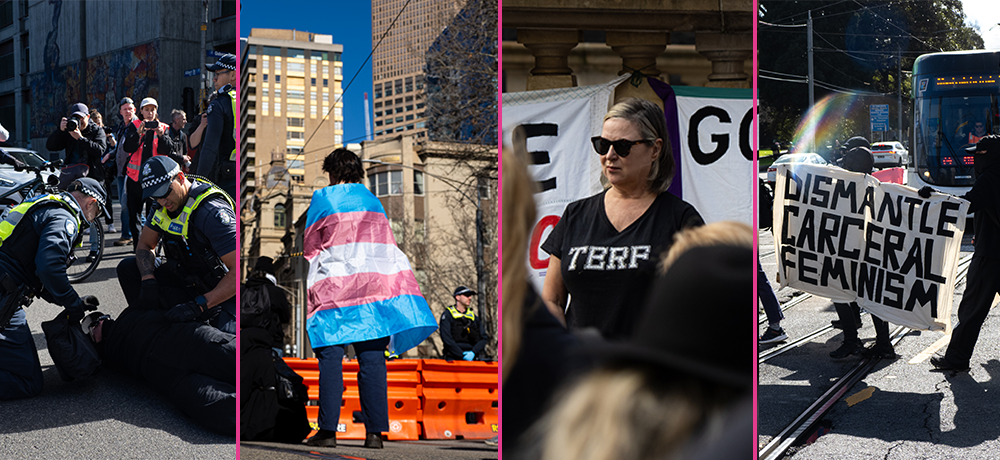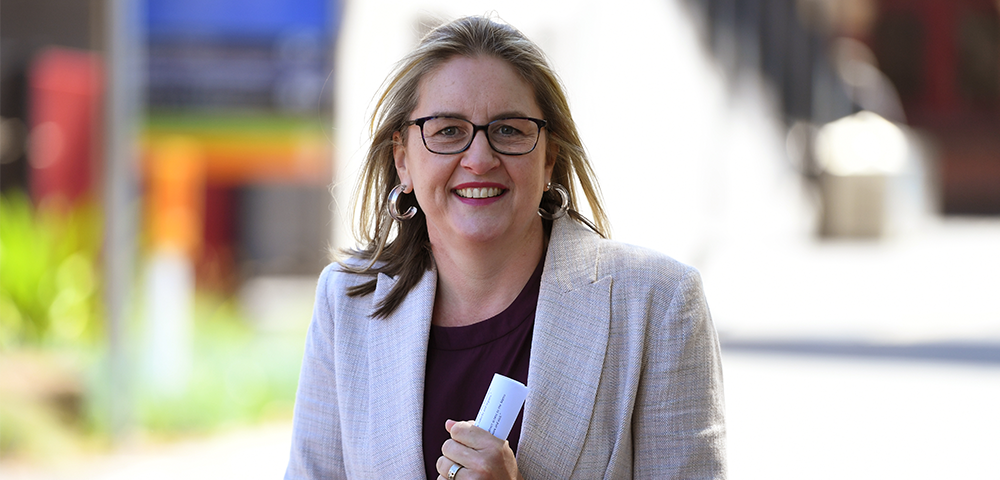
Research needed into lesbian breast cancer
More Australian research into rates of breast cancer in lesbians is required, a new research paper has found.
The paper, released by Gay and Lesbian Health Victoria in February, said links between unique risk factors found in lesbians as a population group and breast cancer rates need to be reviewed.
GLHV researcher Biswajit Banik told Southern Star Australian data needs to be collected to understand the full extent of the risks.
“When I was doing this review, I found that there was minimal research carried out,” Banik said.
“We still don’t know much about lesbians and their health issues and their access to health services.”
The paper examines research over the last 20 years to determine if lesbians are more at risk of developing breast cancer than heterosexual women.
While data is not conclusive, it’s thought lesbians are at greater risk because they are less likely to have children, and are more likely to be overweight or obese. They also smoke and drink more heavily than their heterosexual counterparts.
Heterosexism and fear of discrimination are also cited as stopping lesbians from seeking timely health check-ups and undergoing screening procedures.
According to the paper, comprehensive reviews of breast cancer conducted by the Australian Institute of Health and Welfare and the National Breast Cancer Centre in 2006 and 2009 compared incidence rates and risk factors for breast cancer by gender, geography, country of origin and other socio-economic factors. Sexual orientation was not included.
Other health risks for lesbians, such as cervical cancer, have been addressed in education campaigns by PapScreen Victoria. A lack of research into breast cancer has not yet seen the same response.
Banik said it’s now up to governments or health organisations to take up the initiative and fund research.
BreastScreen communications spokeswoman Tracey Johnston told Southern Star the organisation has already undertaken a training session with GLHV and distributed ‘Well Proud’ inclusive practice guidelines, released by the Department of Health last year, to screening facilities.
“Any kind of health promotional material that can talk about issues that may be of concern to lesbians, particularly around issues of accessibility, that’s certainly something we’re wanting to work on with GLHV,” she said.










Breast Cancer is one of the diseases that affects most women but it can be detected early and treated early too-;`
we can always prevent cancer by regular self-breast exams;~-
Breast Cancer as with other types of cancer, can be prevented by early intervention.”-: